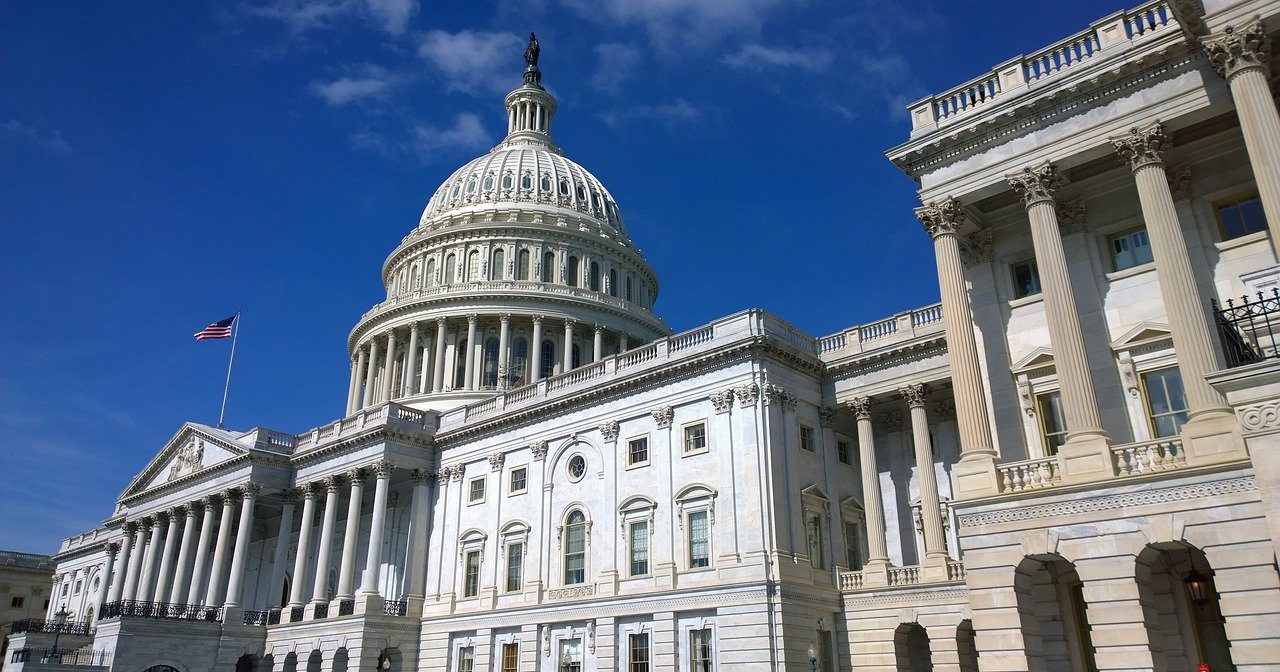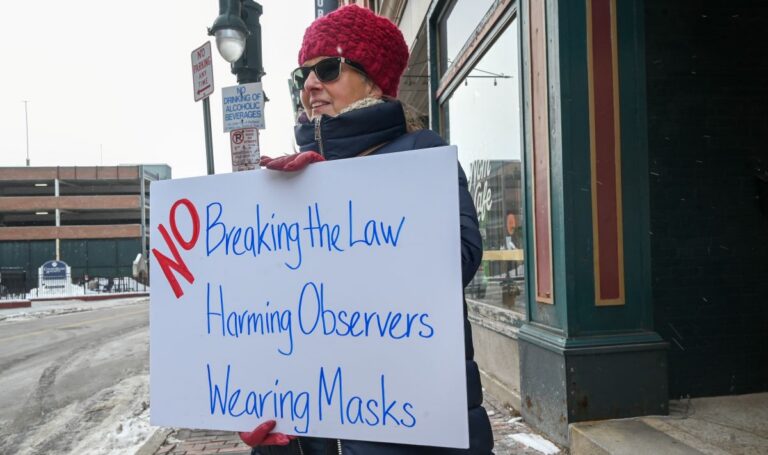Writing 60 years ago, Gabriel Almond and Sidney Verba, leaders of their generation of political scientists, characterized civic culture as “based on communication and persuasion, a culture of consensus and diversity, a culture that (permits) change but (moderates) it.”
During the Kennedy administration, citizens not only followed the law but felt they had a role in shaping it. They trusted the government and our public officials to do what was in the citizens’ best interest, not their own.
Not so much today.
When pollsters asked citizens if they trusted those in government in the 1960s, nearly 80% responded that they trusted public officials “always” or “most of the time” to do what was right.

Today that number is under 20%, the lowest since the dark days of Joseph McCarthy in the early 1950s.
And who can blame them? The evidence of public officials benefiting personally from government service is overwhelming, while problems affecting everyday citizens mount.
As president, Donald Trump saw no conflict in guests of his administration staying, eating and drinking at the Trump Hotel, frequented by those close to the president. His daughter and son-in-law were appointed to powerful White House jobs, with no apparent qualifications. They continued to benefit from White House ties after leaving Washington; Jared Kushner’s fledgling private equity firm stunningly received a $2 billion investment from the Saudi sovereign wealth fund, controlled by the crown prince, whom Kushner had worked with while in the White House.
President Biden’s son Hunter is under indictment for charges relating to possessing a firearm and lying on a government form, but his far more serious transgression was using his father’s position as vice president to build business ties that brought him great riches. Whether he did anything illegal is unclear; that his actions crossed ethical boundaries is beyond dispute.
Sen. Bob Menendez (D-N.J.) has just been indicted for allegedly using his position as a senator to influence decisions that helped two of his biggest fundraisers, who repaid the favor by enriching Menendez. He deserves his day in court, but the indicting documents present evidence — over $650,000 in cash and gold bars found stashed in his home, some with the fingerprints of his co-conspirator — that is perhaps the most damning ever found against a sitting senator.
Hardly a week goes by without a ProPublica expose of yet another example of Supreme Court Justice Clarence Thomas taking expensive trips or accepting gifts from those who had business before the court. It would take an act of great faith for a litigant opposing one of Thomas’ friends to think the system produced “equal justice before the law.”
But these are the actions of individuals and while the list could be expanded (and most readers are saying, “Why didn’t he talk about . . . ?”), when the entire system of government breaks down and breeds cynicism and distrust, it is far worse.
Today our federal government is hurtling toward a shutdown because the House of Representatives cannot agree with itself, much less with the Senate, on how to fund the government.
Sen. Susan Collins (R-Maine) recently said a shutdown could be averted but only at “the very last minute”; she may be right, but whether she is or not, the actions of the Republican majority in the House have been contemptible.
A small number of right-wing Republicans are holding Speaker Kevin McCarthy (R-Calif.), the rest of the House Republicans and the nation hostage in search of an unreachable goal, cutting domestic programs that most in Congress support.
They say a government shutdown would be worth it to change the way Washington does business.
Tell that to the millions of federal civil servants or active military members who will miss paychecks.
Tell that to meat inspectors who cannot certify our food is safe, to the cancer researchers working on life-saving breakthroughs who will have to close their labs, to the skeletal crews of air traffic controllers and TSA agents who keep our skies safe (who would be forced to work without paychecks, though they would eventually receive back pay), to the wildfire fighters putting their lives on the line (again without paychecks), as the California wildfire season heats up, to the FEMA workers who cannot ease the suffering of victims of natural disasters because they have no funds.
Again, the list could go on and on and on.
That small group of Republicans is not alone in deserving blame. McCarthy has spent the last week giving in to his party’s extremists, seeking to save his speakership and gain a political advantage.
Given the frustration, disillusionment and distrust among the citizenry, one would think lawmakers would see this as a time to put self-interest and partisan politics aside, to think of the country and our citizens.
On Saturday, the House and then the Senate passed a plan to keep the federal government up and running til mid-November. The stopgap funding bill narrowly averted the looming government shutdown, the New York Times reported. The move came after McCarthy abandoned his earlier strategy; the measure passed with substantial Democratic support.
But the fix is only temporary.
Earlier in the drama, Rep. Jared Golden (D-Maine), with a group of Democrats and Republicans, introduced a similar short-term bill in the House. Whether you favor everything in those bills or not, the authors are to be commended for putting country before party, the people before politics.
At a time when citizens trusted those elected to serve them, John F. Kennedy wrote “Profiles in Courage” to honor individuals who acted on principle despite great personal risk.
Today, courage would be defined not as taking a stand of principle but as having the backbone to compromise, at whatever cost, to meet the country’s needs and begin to win back the trust in government citizens have lost.
That is the test facing our legislators now.
Update: this column has been updated to include action by Congress over the weekend.







